With the growing demand in society for high-quality, applied talent and the continuous deepening of educational reform, effectively implementing a "student-centered" teaching model and strengthening connotation construction have become important issues in the development of higher education today. Applied universities, especially private financial and economic universities, are facing new development opportunities and challenges.
From October 19 to 20, the Forum on Student-Centered Connotative Development in Applied Universities and the Second National Forum for Presidents of Private Financial and Economic Universities was successfully held at Xi'an Eurasia University. More than 20 leaders from 37 private financial and economic universities across China and over 90 university representatives gathered at Xi'an Eurasia University to jointly discuss the quality development, educational paths, and future survival of private financial and economic colleges. They also engaged in extensive exchanges on how to promote school transformation and upgrading and achieve connotative development in the new era.
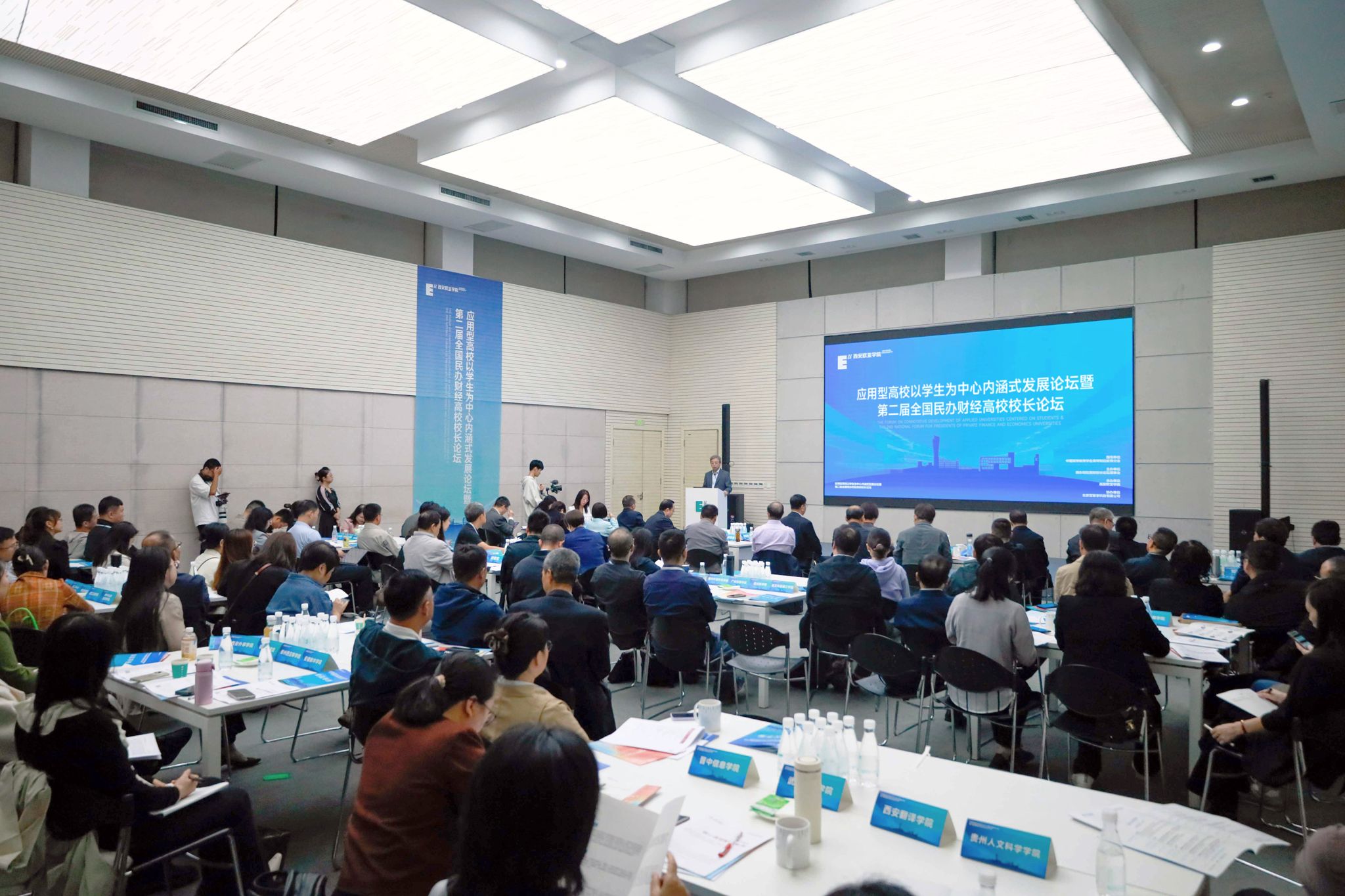
(Fig. 1) Scene at the Forum
The forum was guided by the Finance Education Branch of the China Association of Higher Education, hosted by the Board of Directors of the Forum for Presidents of Private Financial and Economic Universities, and organized by Xi'an Eurasia University. Attendees of the forum included Wang Lisheng, Vice President of the China Association for Non-Government Education (CANGE) and Chairman of the Private Higher Education Committee of the CANGE; Professor Shi Jianjun, Chairman of the Finance Education Branch of the China Association of Higher Education; Professor Wu Daguang, Doctoral Supervisor at Xiamen University; Professor Zhang Wei from the Higher Education Institute of Northwestern Polytechnical University; Professor Chang Tongshan, Director of Institutional Research and Academic Planning at the University of California (UC) Office of the President; Professor Hu Jianbo, Chairman of Xi'an Eurasia University and Vice President of the CANGE; Zhao Guohua, Secretary of the CPC Committee of Xi'an Eurasia University; and Xu Leiping, Assistant to the Director of the Case Center at the China Europe International Business School (CEIBS). Vice President Zhang Lefang of Xi'an Eurasia University and Executive Deputy Secretary-General Li Hailong of the Finance Education Branch of the Chinese Association of Higher Education chaired the forum.
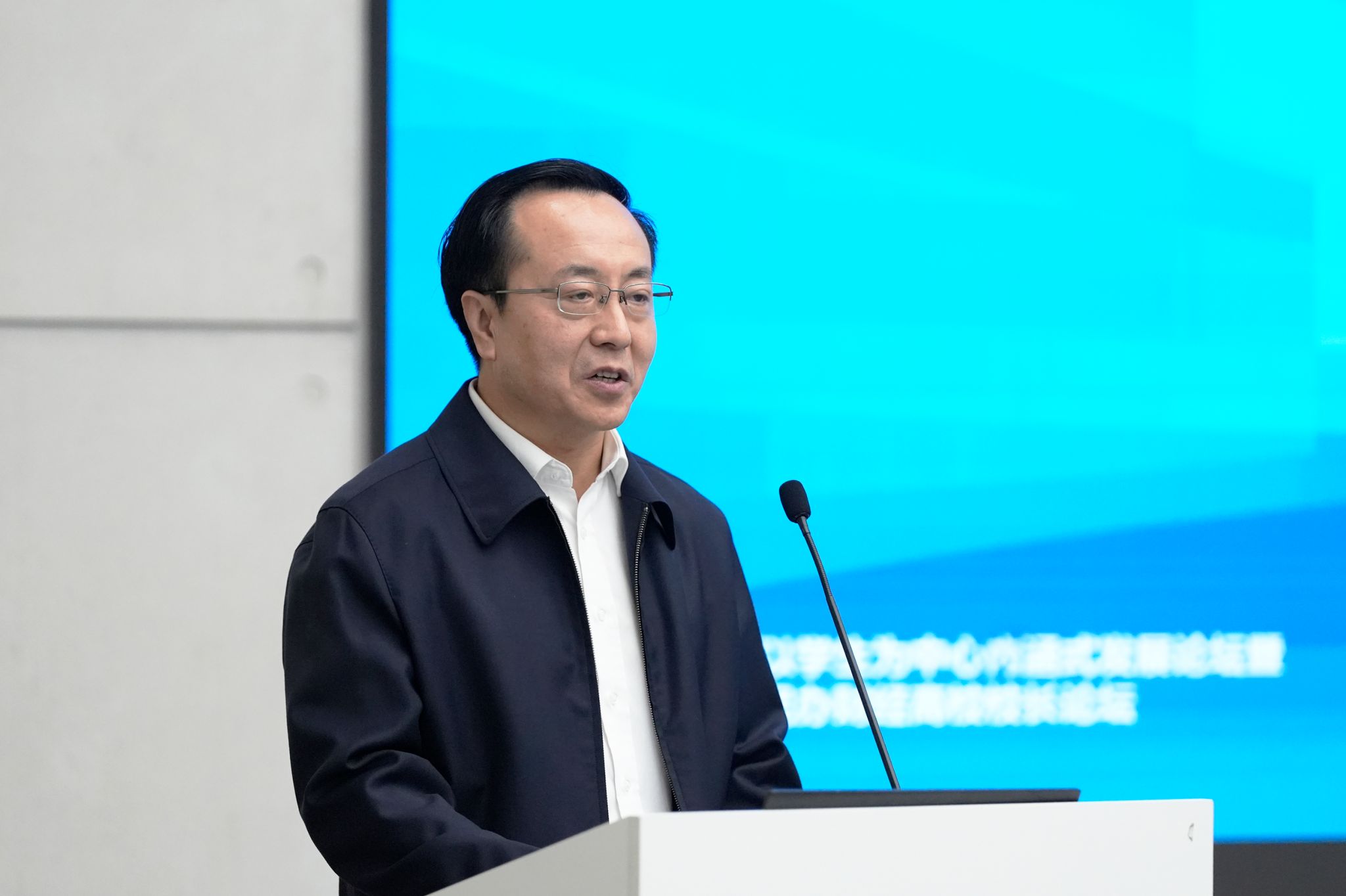
(Fig. 2) Zhao Guohua, Secretary of the CPC Committee of Xi'an Eurasia University, Gives a Speech
Zhao Guohua said in the opening speech that education is a major plan for the country and the Communist Party of China (CPC), and private financial and economic universities shoulder the mission of cultivating outstanding financial and economic talent and serving the economic and social development of the country and local areas. On the occasion of comprehensively studying, publicizing, and implementing the spirit of the Third Plenary Session of the 20th Central Committee of the CPC and the national conference on education, educators from private financial universities across the country, as well as experts and scholars in the education sector, gathered at Xi'an Eurasia University, hoping to take this forum as an opportunity to promote cooperation and exchanges between private financial and economic universities, jointly explore innovative development paths, and help build a nation strong in education.
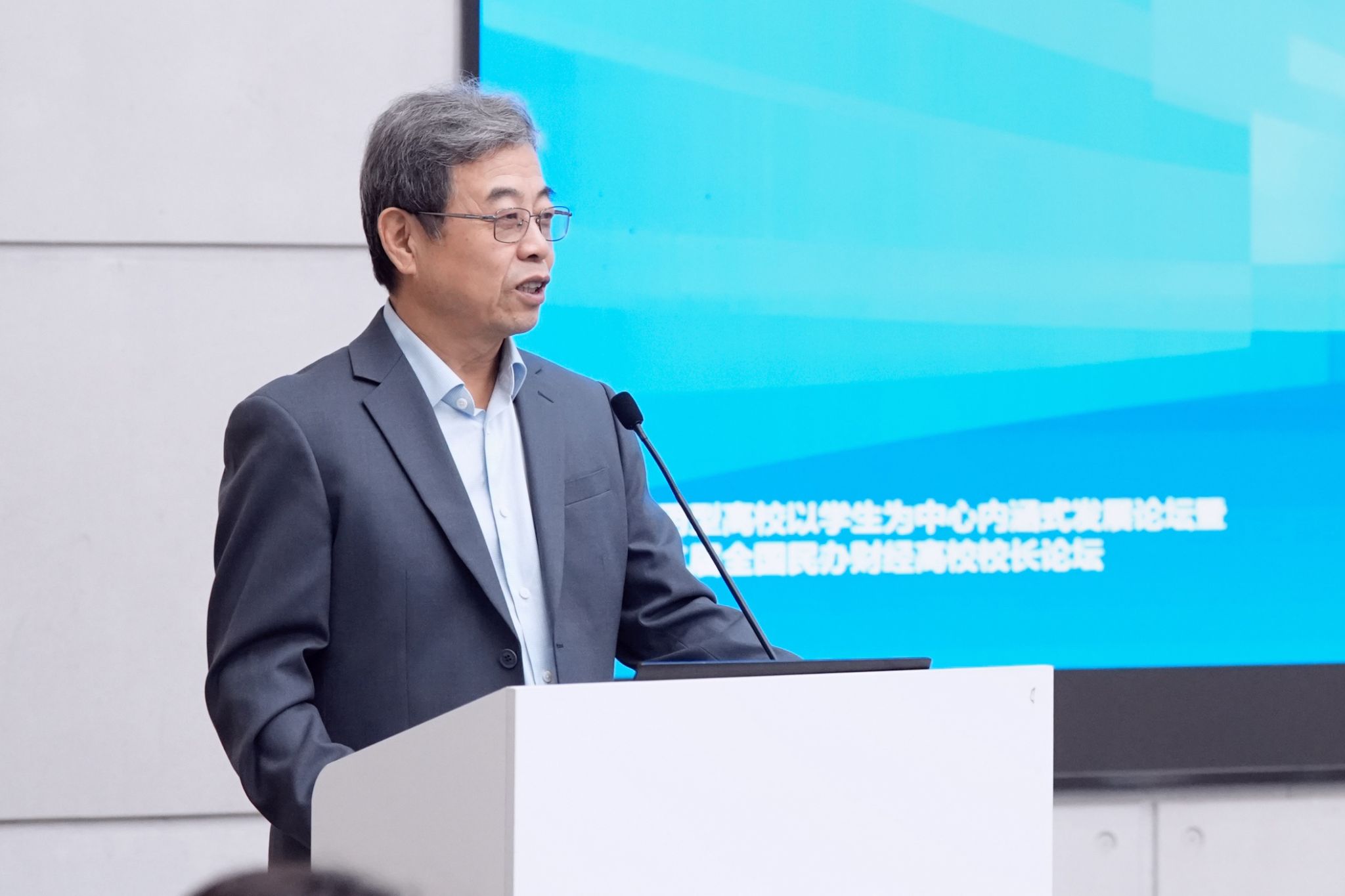
(Fig. 3) Wang Lisheng, Vice President and Chairman of the Private Higher Education Committee of the CANGE, Delivers a Speech
Wang Lisheng emphasized that against the backdrop of the current learning and implementation of the spirit of the Third Plenary Session of the 20th Central Committee of the CPC and the national conference on education, private financial and economic universities should actively respond to the country's requirements for high-quality development. Private financial and economic education has become an important force in China's higher education, but it also faces the problem of quality improvement. It is necessary to improve the overall educational quality of private financial and economic universities, strengthen students' ideological and political education and the cultivation of comprehensive qualities, so that they can become the new generation capable of shouldering the great responsibility of national rejuvenation. Wang Lisheng encouraged private universities to plan their own development well, attach importance to moral education, and accelerate the transformation from scale-expansion-oriented development to high-quality and connotative development. He suggested that private universities should always adhere to running schools in accordance with the law, make greater efforts to improve disciplines and majors, boldly promote international education, and make bold innovations from educational concepts and ideas to educational culture and patterns, so as to play a greater role in the construction of an educational powerhouse.
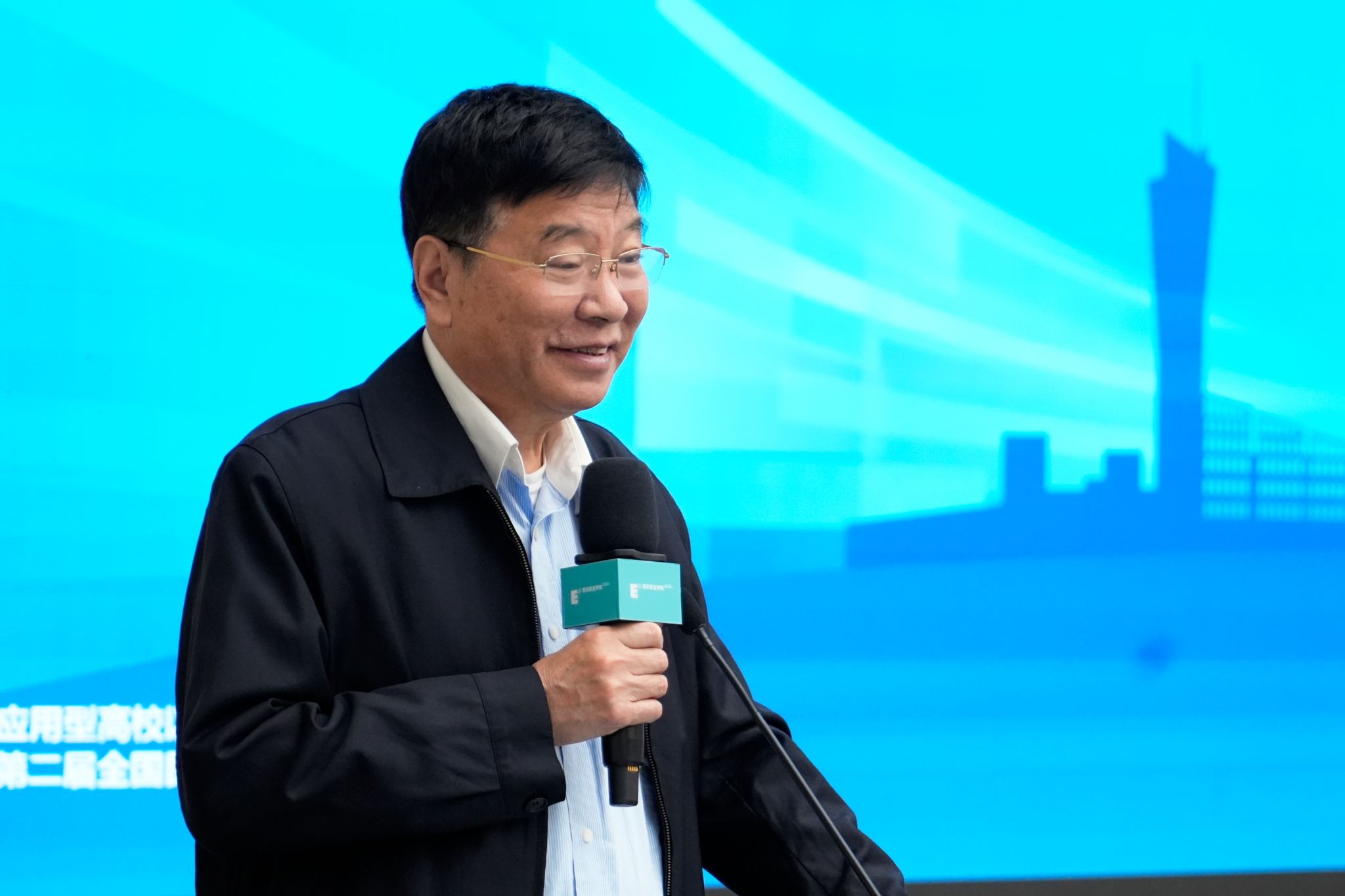
(Fig. 4) Professor Shi Jianjun, Chairman of the Finance Education Branch of the China Association of Higher Education, Delivers a Speech
Jianjun Shi stated that private financial and economic universities are an important component of China's higher education system and hold significant importance for the realization of the goal of becoming a strong country in education. He hopes that private financial and economic universities can, during this critical period of transition and development, unite like a big family, strengthen communication and cooperation, and leverage the forum as a platform to promote their high-quality development. Confronting the current changes in higher education and the challenges of the AI era, he urged private financial and economic universities to be bold in innovation, focus on personalized and distinctive development, and enhance students' employability and success potential.
Keynote Report 1: "Quality Development, Educational Pathways, and Future Survival of Private Financial and Economic Universities"
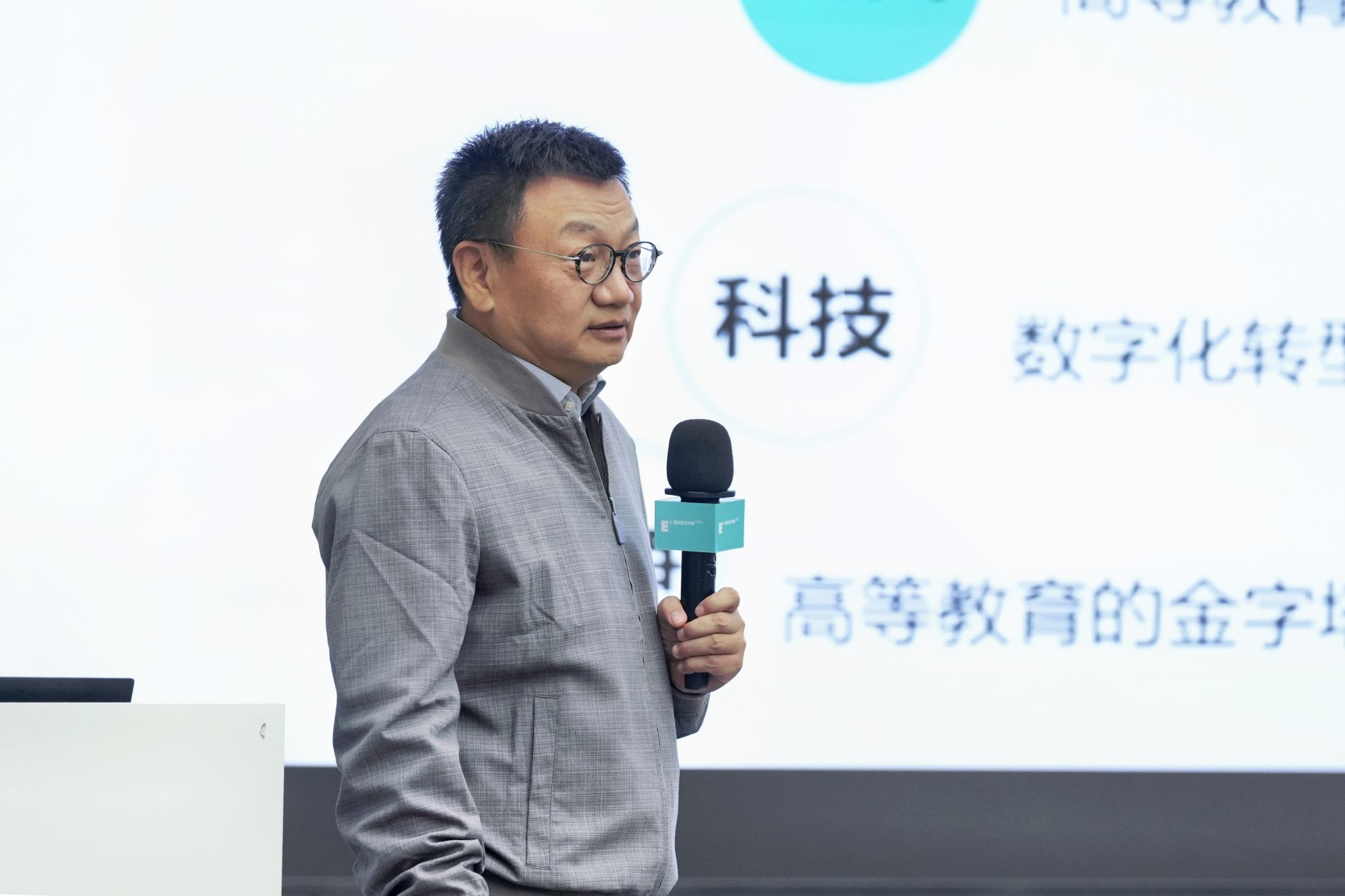
(Fig. 5) Professor Hu Jianbo, Founder and Chairman of Xi'an Eurasia University and Vice President of the CANGE
Professor Hu Jianbo delivered a speech on the theme of "Quality Development, Educational Pathways, and Future Survival of Private Financial and Economic Universities." He elaborated on the strategic path for private financial and economic universities, including the mission, vision, core values, and educational philosophy of Xi'an Eurasia University. Additionally, he introduced Xi'an Eurasia University's "14th Five-Year Plan" and various strategic key tasks and conducted an in-depth analysis of the development environment faced by private universities. From the perspectives of government policy, demographics, and the external environment, he proposed that private universities must become "quality universities." He also suggested a four-level governance system and five key elements to running a quality university, providing valuable insights and references for the development of private financial and economic universities.
Keynote Report 2: "AI-Empowered High-Quality Development of Private Education"
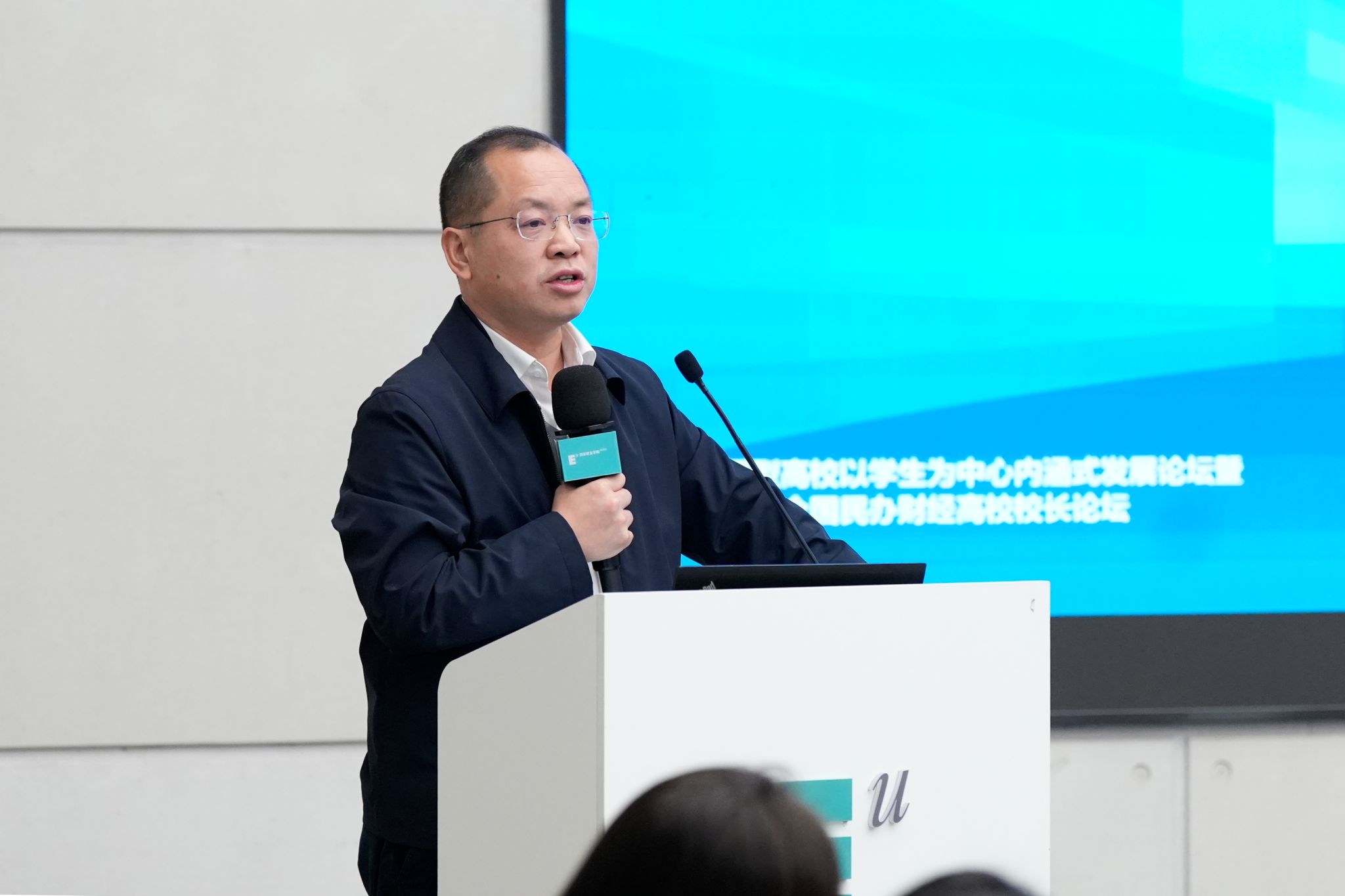
(Fig. 6) Professor Zhao Bo, Executive President of Wenzhou Business College
Professor Zhao Bo, Executive President of Wenzhou Business College, conducted an in-depth exploration of AI technology applications and challenges in the field of education. He pointed out that with the continuous evolution of AI technology, the technological breakthroughs have not only propelled AI technology from the laboratory to market applications but also inspired innovation in business models, providing new possibilities for the high-quality development of education. In addition, Zhao Bo demonstrated the broad application prospects of AI in the field of education through various domestic and international application cases, such as the AI virtual teaching assistant Jill Watson at Georgia Institute of Technology (Georgia Tech) in the United States, the AI teaching assistant Khanmigo at Khan Academy, and the real-time teaching quality monitoring digital platform at Xi'an Jiaotong University. Moreover, he elaborated on Wenzhou Business College's exploration and practice in AI-empowered education, including the five-in-one integration system, the overall architecture of the AI platform, and AI-powered integrated campus application scenarios. He stated that by combining new models with new architectures, Wenzhou Business College has constructed a new application integrating teachers, students, and AI, thereby enhancing teaching quality and management efficiency. Meanwhile, Wenzhou Business College has implemented a program to improve teachers' digital literacy. Through four-step evaluations including training, testing, and feedback, the teachers' digital awareness and the ability to use digital technologies have been enhanced.
Keynote Report 3: "Reflections and Practices on Cultivating New Financial Talent in the Era of Digital Intelligence"
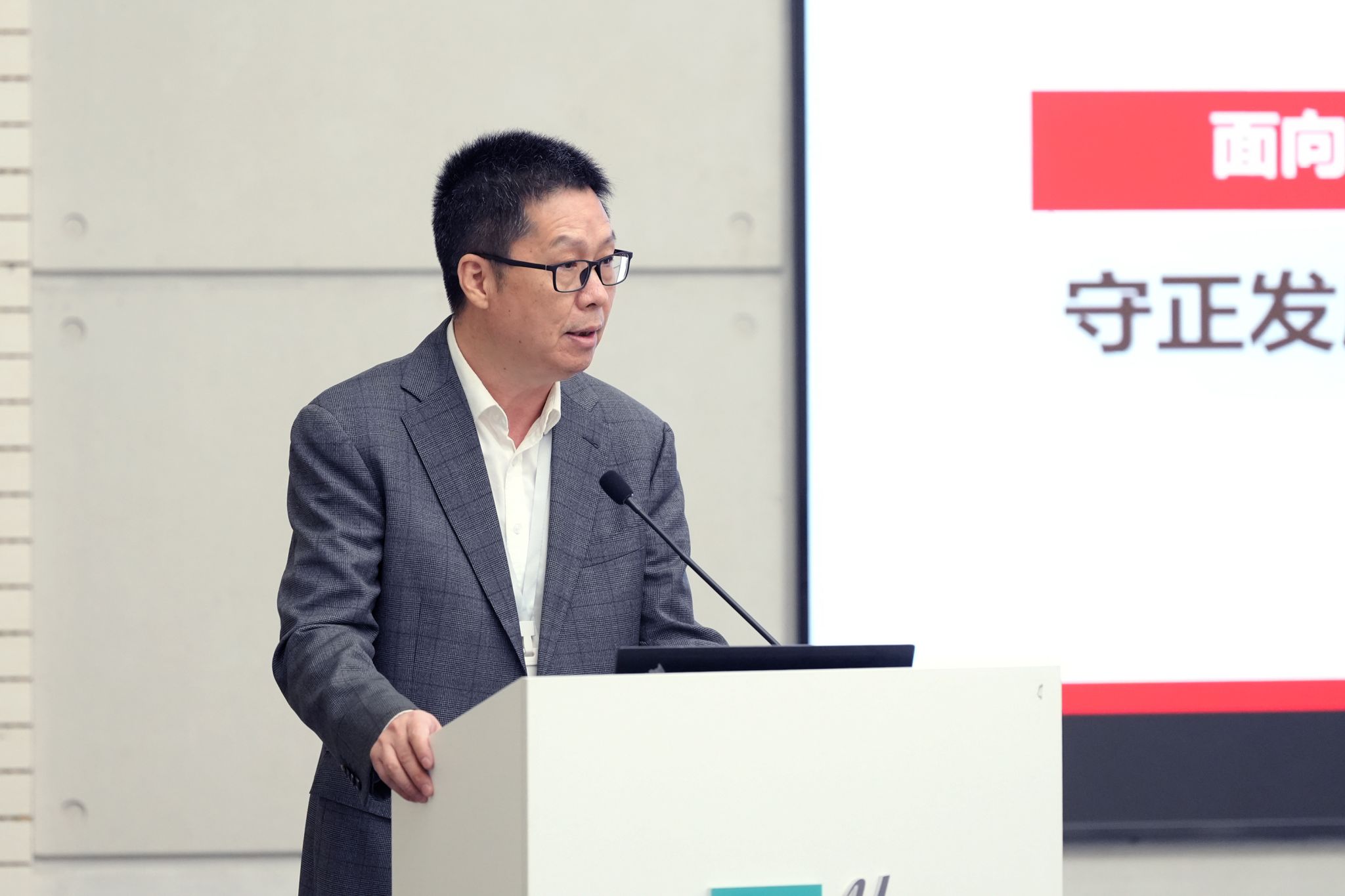
(Fig. 7) Professor Zhang Jun, Assistant to the President of Guangzhou Huashang College
Professor Zhang Jun, Assistant to the President of Guangzhou Huashang College, shared insights on the theme "Reflections and Practices on Cultivating New Financial Talent in the Era of Digital Intelligence," providing important ideas and direction for higher education institutions in the training of financial and economic talent in the new era. Zhang Jun pointed out that with the advent of the digital intelligence era, financial and economic education is facing unprecedented challenges and opportunities. The value logic of cultivating new financial talent should focus on developing "digital intelligence + finance" applied innovative talent. These individuals need to possess the ability for steadfast development, intelligent development, autonomous development, integrated development, and innovative development. In the digital intelligence era, the path logic of cultivating new financial talent includes four shifts: the shift towards competency in educational philosophy, the shift towards intelligence in program planning, the shift towards intelligence in course development, and the shift towards intelligence in teaching, learning, and management methods. Moreover, Zhang Jun introduced two AI empowerment practice cases: the "Digital Intelligence + Accounting" talent cultivation practice at Guangzhou Huashang College and the AI-empowered teaching supervision system to enhance the quality of daily teaching. Through a series of reforms, Guangzhou Huashang College is committed to cultivating high-quality financial talent who can meet the demands of the digital intelligence era, as well as contributing to the high-quality development of education in the new era.
Keynote Report 4: "Research Report on the Connotative Development of Higher Education Quality in the United States and the Study Experience of Xi'an Eurasia University Students"
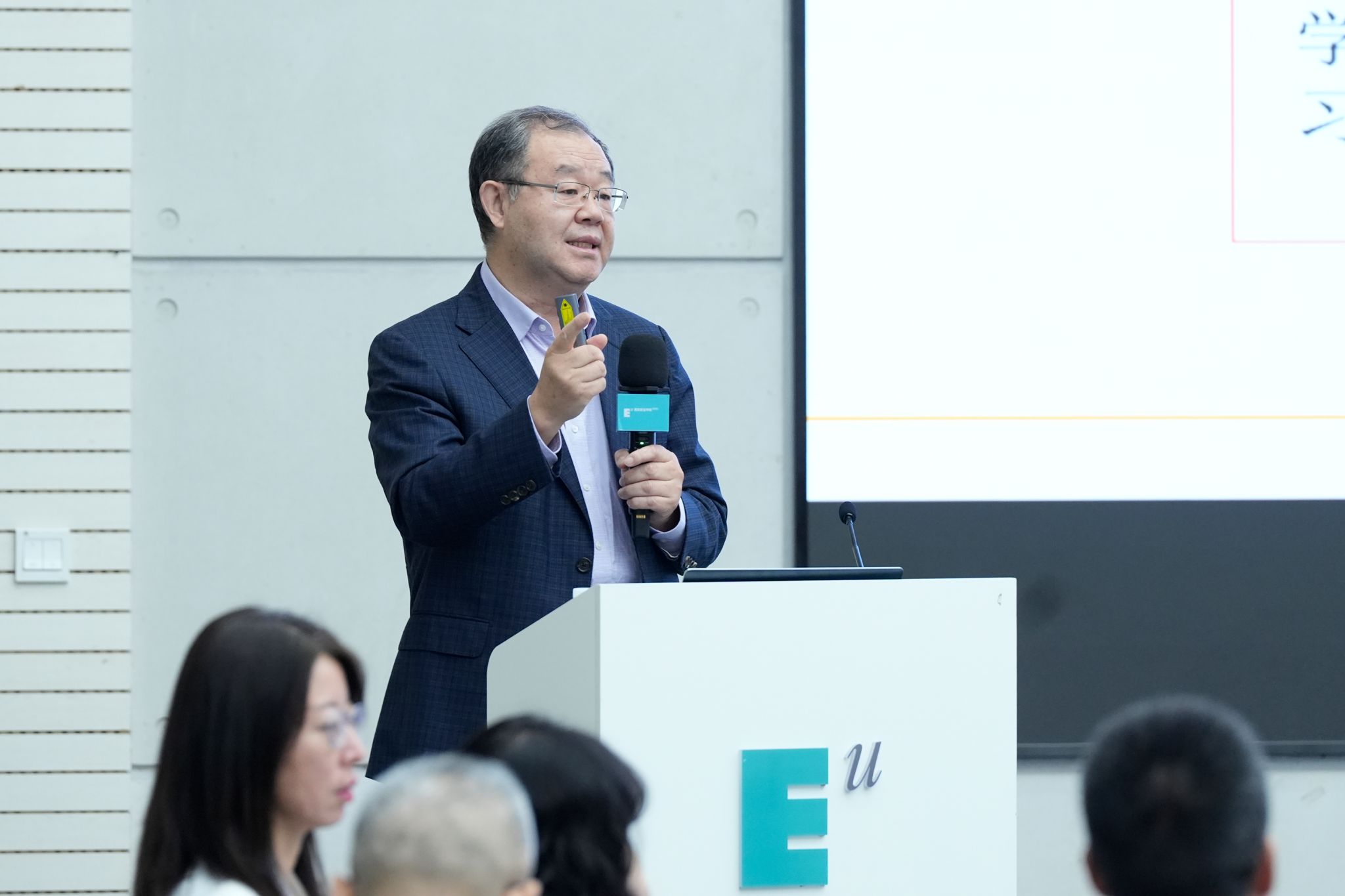
(Fig.8) Professor Chang Tongshan, Director of Institutional Research and Academic Planning at the UC Office of the President
Professor Chang Tongshan introduced the advanced concepts and successful experiences of higher education in the United States. He analyzed the feasibility and effectiveness of applying these experiences in practical application, based on the actual experiences of students from Xi'an Eurasia University, providing valuable insights and references for other private financial and economic universities across China. The attendees stated that by learning about the mature practices of American higher education and the feedback and analysis of the study experiences of Xi'an Eurasia University students, they could better implement the "student-centered" approach and continuously improve the educational standards and quality.
Keynote Report 5: "Attract the Post-95s and Post-05s with Cases and Transform Chinese Business Education with Cases"
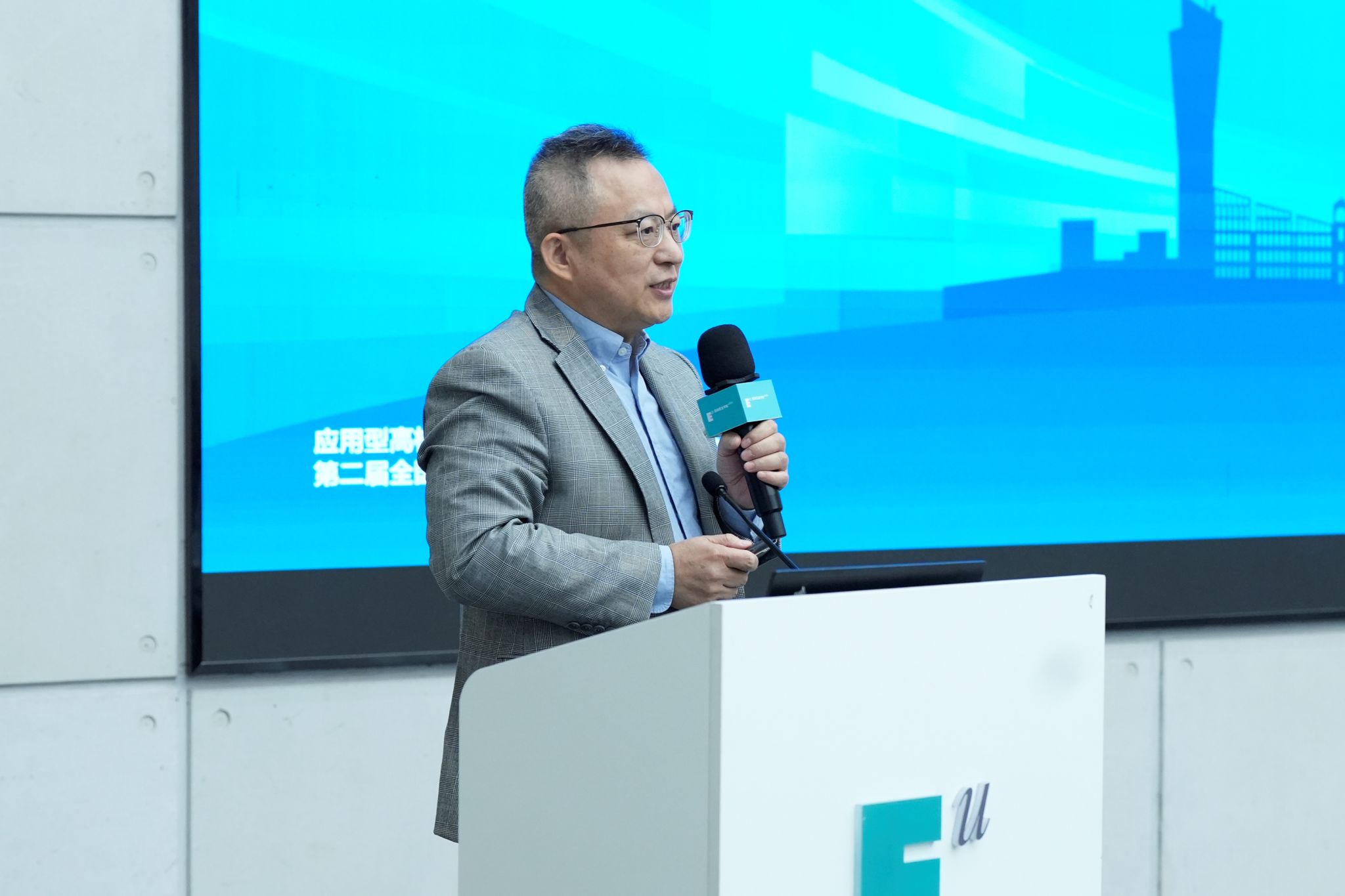
(Fig. 9) Xu Leiping, Assistant Director of the CEIBS Case Center
Xu Leiping pointed out that Chinese business education currently faces many challenges, including an over-reliance on traditional teaching methods, outdated course content, and limited classroom interaction. This is especially true for the new generation of students born in the 1995s and 2005s, whose learning needs and interests are profoundly different from those of previous generations. These issues severely restrict the development of business education and affect students' learning experience. Case-based teaching, as a contextualized, problem-oriented, experiential learning method, is an effective alternative to traditional teaching methods and is a learning approach that focuses more on practicality and interactivity. Xu Leiping shared the practices and reflections of the CEIBS Case Center in case-based teaching, including how to develop the latest Chinese management practices that meet international standards and integrate them into the classroom in a timely manner to enhance the learning experience. He also introduced the CEIBS Case Center's case database (ChinaCases.Org), which has collected a large number of high-quality Chinese themed cases and is widely used in the classroom teaching of business schools both domestically and internationally.
Keynote Report 6: "Maturity and Transformation of First-Class Private Universities"
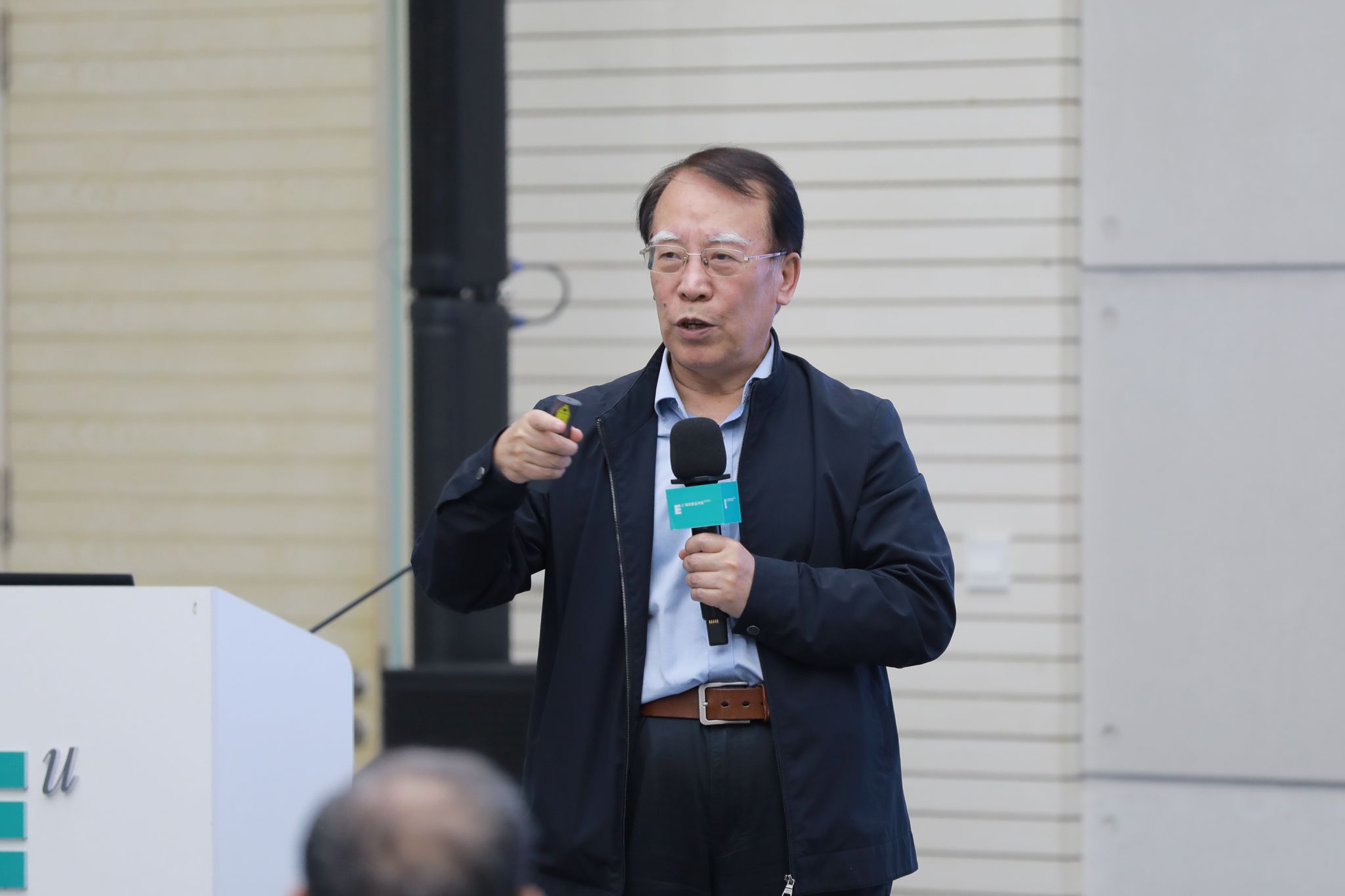
(Fig. 10) Professor and Doctoral Supervisor Wu Daguang from Xiamen University
Professor Wu Daguang shared insights on the theme of "Maturity and Transformation of First-Class Private Universities." He first pointed out that a good university is one that possesses governance capability, which is reflected in whether the development goals, operational system, and mechanisms align with the three main functions of the university. When discussing the growth paths of world-class private universities, Wu Daguang listed examples of top private universities in the United States, Japan, Republic of Korea, and Taiwan, China, and summarized the different characteristics of top private universities in Western and East Asian countries. In addition, Wu Daguang analyzed the historical characteristics, funding characteristics, and current situation of private universities in China. Private universities in China lack clear development goals during their construction process, with unclear focuses in the construction of programs and disciplines, and there is an issue of blindly following key evaluation indicators. To address these issues, Wu Daguang proposed thoughts on the transformation of private universities in China, including the transformation of educational philosophy, sources of funding, and governance models. Finally, he emphasized the differences in educational models between public and private universities and the importance for all universities to re-evaluate their missions, undergo transformation, and understand societal needs and changes of the times, providing valuable insights and inspiration to the attendees.
Keynote Report 7: "The Application of Management Theory in Higher Education Institutions"
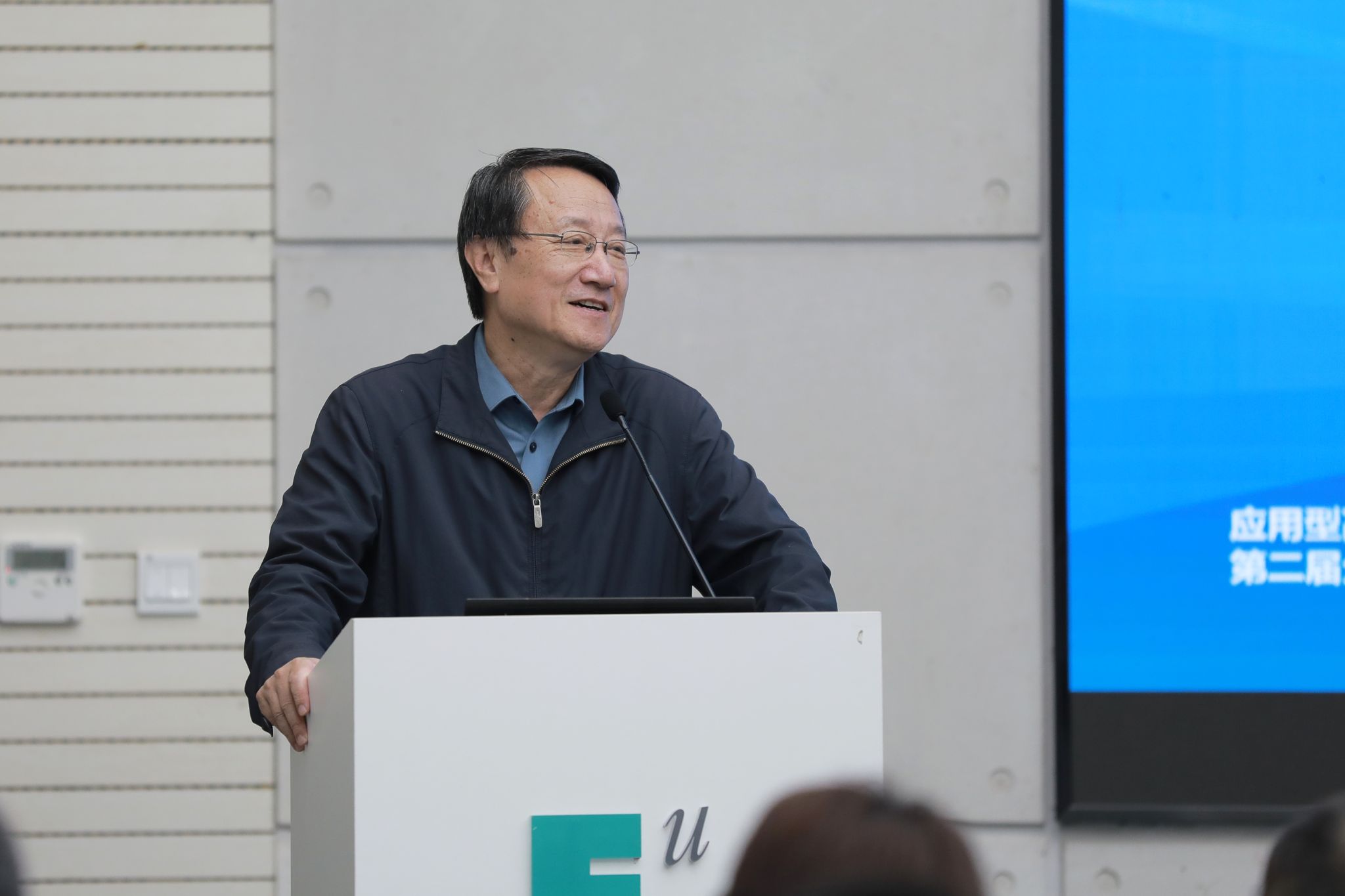
(Fig. 11) Professor Zhang Wei from the Higher Education Institute of Northwestern Polytechnical University
Professor Zhang Wei elaborated on the application of management theory in higher education institutions. He believes that management is not only a science but also an art. Its knowledge system can reveal the objective regularities of management and also has guiding significance for university management. The development of higher education has entered a new stage, and university management is facing numerous challenges and opportunities. Therefore, it is necessary to draw on management theories and, in combination with the actual situation of each institution, implement micro-management tailored to each institution. By sharing the active exploration and significant achievements of Xi’an Eurasia University in the application of management theory, he demonstrated the practical effects and broad prospects of applying management theory in higher education institutions. He also put forward some thoughts and suggestions regarding university management, including enhancing learning and research, preventing habitual thinking and path dependency, and achieving a leap from scientific management to value-based management.
Keynote Report 8: "The 'Five Educational Dimensions and Five Outputs' School-Enterprise Collaborative Education Model for Cultivating Innovative Applied Financial and Economic Talent with Digital Intelligence"
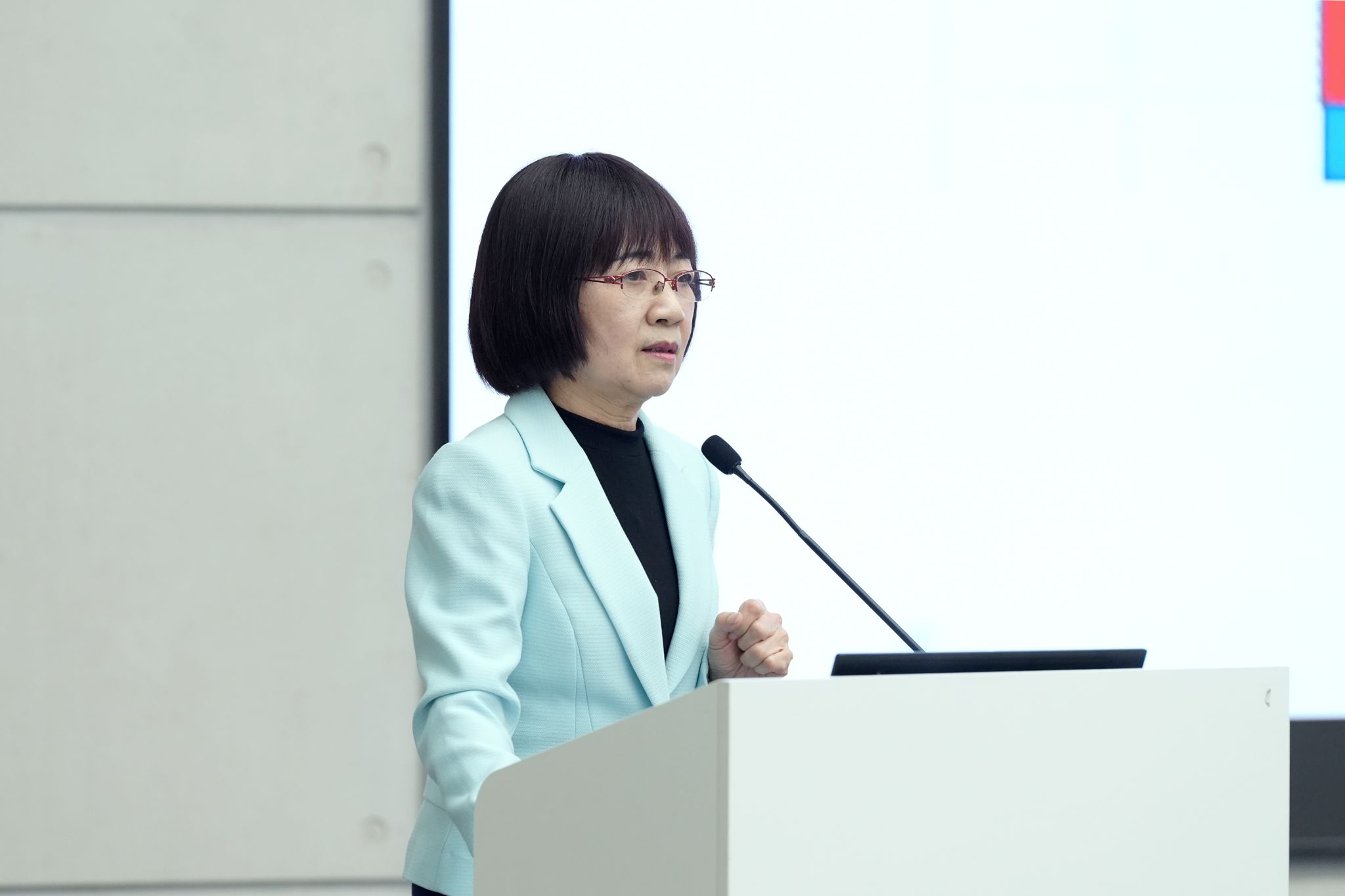
(Fig. 12) Professor Yi Luxia, Vice President of Guangzhou College of Technology and Business
Professor Yi Luxia, Vice President of Guangzhou College of Technology and Business, provided a detailed introduction on how the college, in the digital economy, actively explores and implements a "Five Educational Dimensions and Five Outputs" school-enterprise collaborative education model oriented towards the demands of the digital economy to address existing issues in the traditional approach to financial and economic talent cultivation. In the "Five Educational Dimensions and Five Outputs" model, the college emphasizes the leadership of ideological and political education. It has established a comprehensive "four-pillar" ideological and political working structure and created a favorable educational environment. At the same time, the college has carried out deep cooperation with a number of leading enterprises in the industry. Through the platform covering six co-construction aspects, it has achieved school-enterprise collaborative education guided by Party building. Significant achievements have been made in areas such as program co-development, course co-development, laboratory co-construction, internship base co-construction, and employment base co-construction, cultivating batches of high-quality talent that meet the needs of local economic development.
Keynote Report 9: "Education and Teaching Reform and Evaluation at Xi'an Eurasia University"
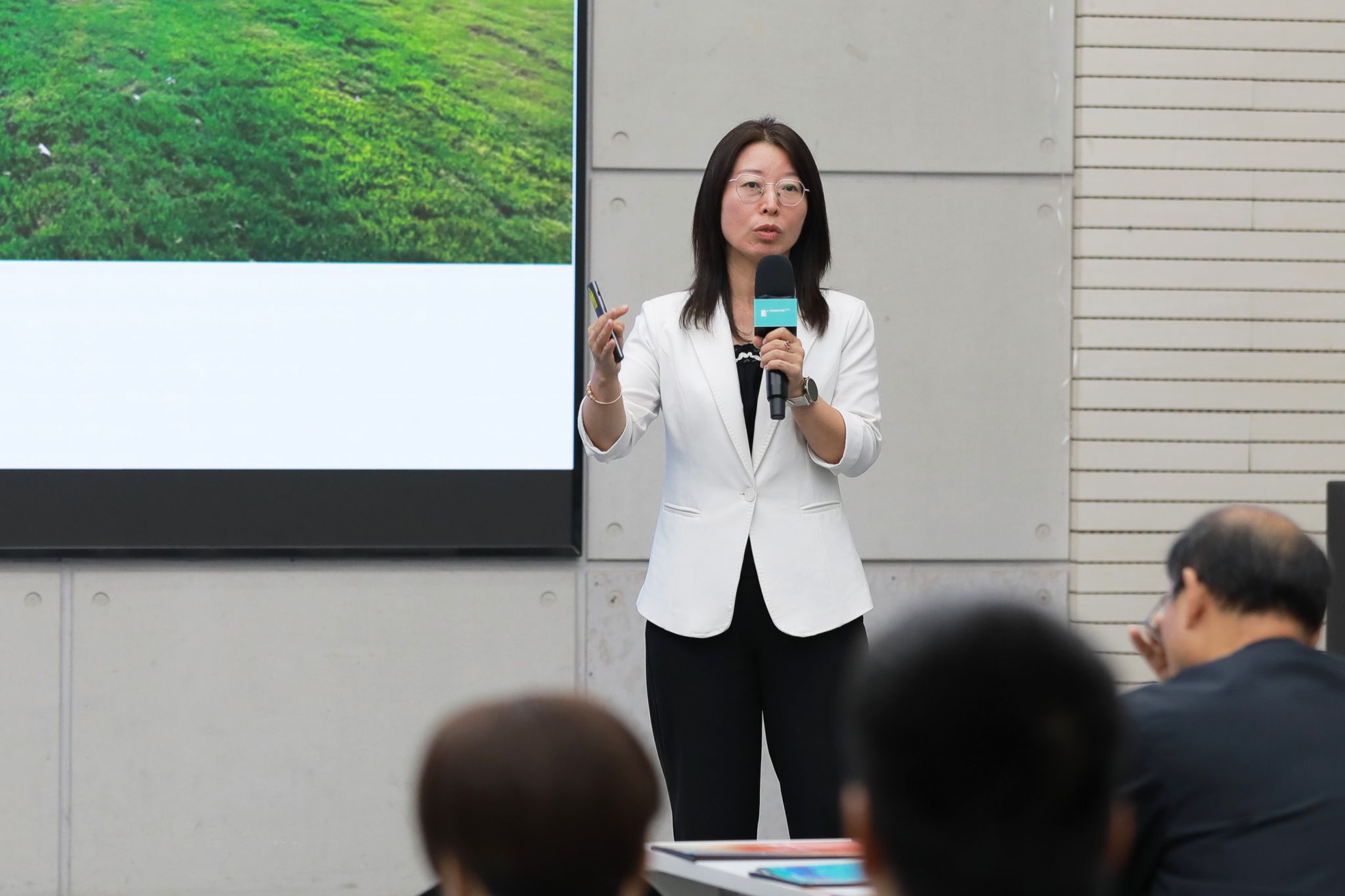
(Fig. 13) Professor Zhang Lefang, Vice President of Xi'an Eurasia University
Professor Zhang Lefang delivered a keynote speech titled "Education and Teaching Reform and Evaluation at Xi'an Eurasia University." She conducted an in-depth analysis of the core topics, including the organization and implementation of audit evaluation, how to handle the relationship between reform and evaluation, and several suggestions for conducting evaluations effectively. In addition, Zhang Lefang provided a detailed introduction to the organizational design and implementation of Xi'an Eurasia University in the undergraduate education and teaching review and assessment. She also shared the phased achievements the university has made during the process of self-evaluation and development. She pointed out that the university has continuously improved the quality of education and teaching through evaluation-driven development, evaluation-driven reform, evaluation-driven management, and evaluation-driven enhancement, and is committed to providing high-quality educational services to students. At the same time, the university has unique insights into handling the relationship between reform and evaluation. The review assessment examines both compliance quality and adaptability quality, which helps the university enhance adaptability on the basis of compliance. This presents a significant opportunity to advance the implementation of the university's quality strategy. Moreover, Zhang Lefang also shared the university's valuable experience in education and teaching reform and how to solidify the experience into systems, processes and standards, and to put the "student-centered" concept and methods into the whole process of application-oriented talents cultivation.
Keynote Report 10: "Intelligent Course Development Service Solutions and Practices Based on Knowledge Graphs"
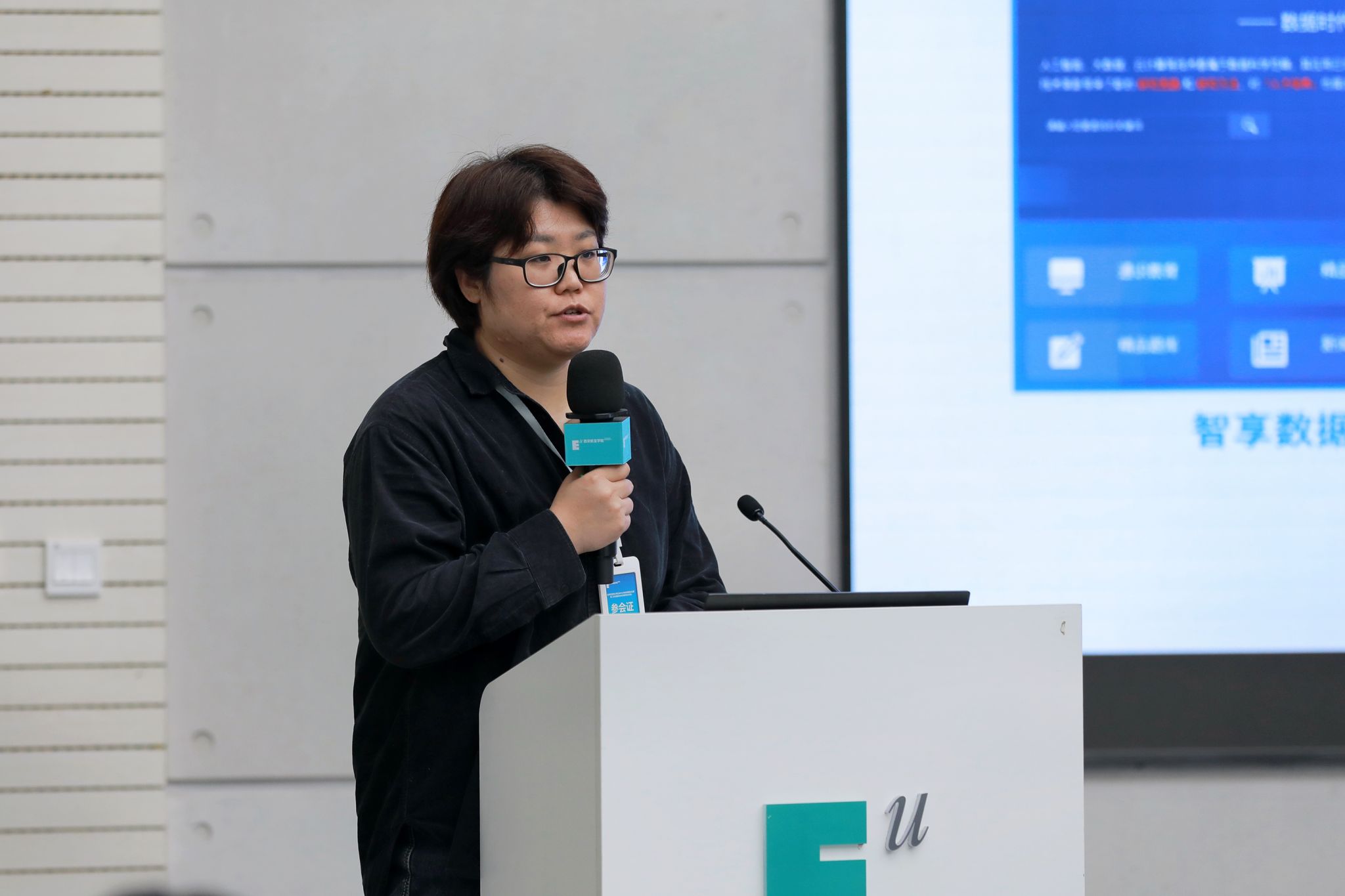
(Fig. 14) Shen Xinxing, Product Director of Beijing Baizhixiang Technology Co., Ltd.
Shen Xinxing, Product Director of Beijing Baizhixiang Technology Co., Ltd., elaborated on the company's service solutions for developing intelligent financial and economic courses based on knowledge graphs, as well as the significant achievements the company has made in the construction of new liberal arts laboratories, resource platforms, and digital intelligence platforms. In terms of intelligent financial and economic course development, Shen Xinxing focused on introducing the technical architecture and main capabilities of the Knowledge @ Share Digital Intelligence Platform. The platform has two major functions: "one-click course creation" and "roaming learning." The former enables collaborative course building and efficient lesson preparation, while the latter is based on the dynamic expansion and flexible association of knowledge graphs, allowing learners to focus locally and effectively anytime, anywhere.
Keynote Report 11: "Integration and Innovation for Quality Development: Independent Undergraduate Talent Cultivation in First-Class Private Universities"
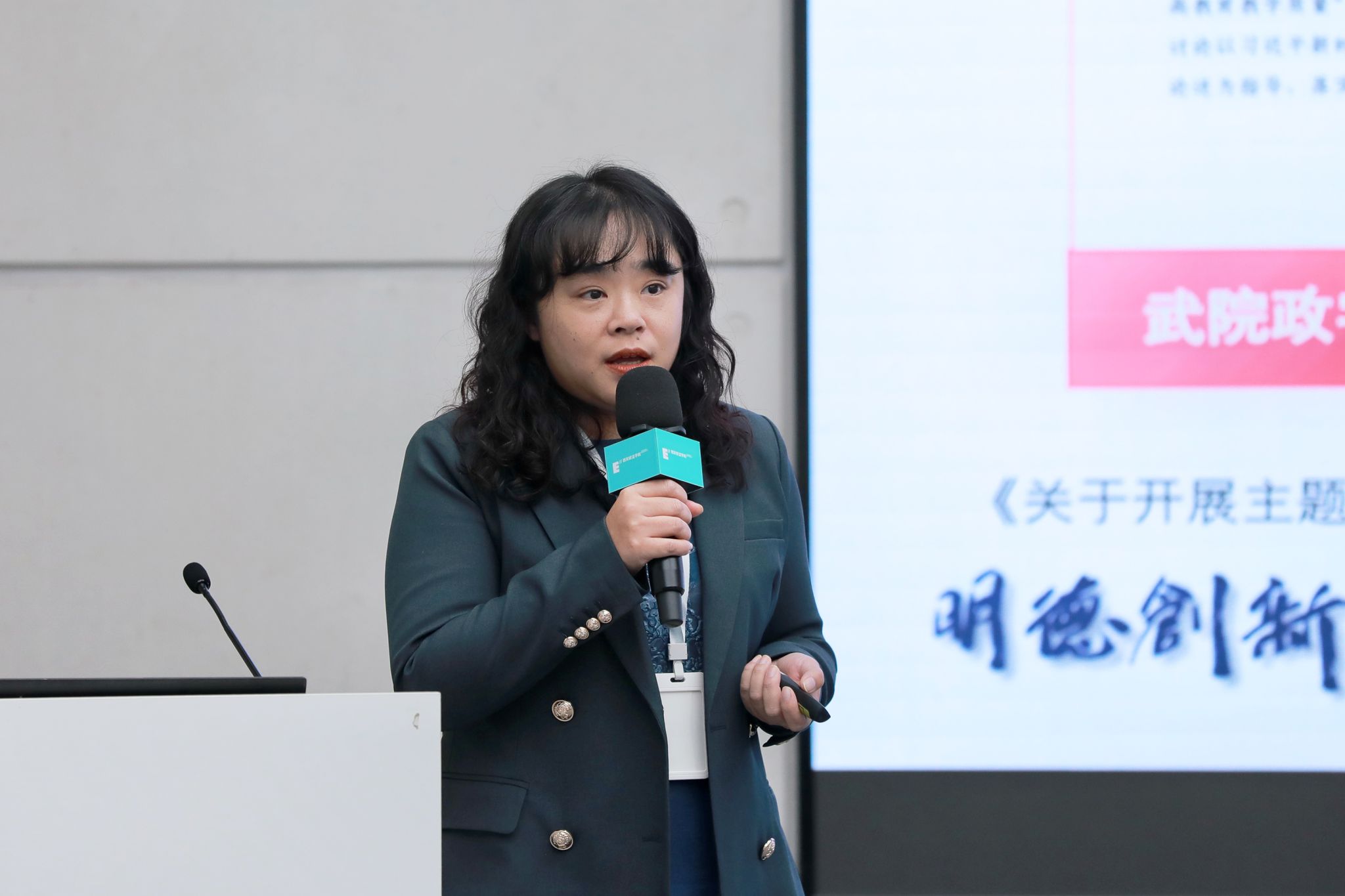
(Fig. 15) Associate Professor Wei Wei, Director of the Department of Academic Affairs of Wuhan College
Associate Professor Wei Wei, the Director of the Department of Academic Affairs of Wuhan College, delivered a keynote speech titled "Integration and Innovation for Quality Development: Independent Undergraduate Talent Cultivation in First-Class Private Universities." Wei Wei provided a detailed introduction to the innovative measures and remarkable achievements of Wuhan College in talent cultivation. Through two rounds of extensive discussions on educational philosophies, the college achieved a leap from strengthening foundations to high-quality development and clarified 7 new educational concepts, including a research outlook guided by innovation and a quality outlook of pursuing excellence. On this basis, the college carried out top-level design for a new talent cultivation plan, reshaped the talent cultivation goal of "integrating five aspects of education and cultivating talent through five integrations," and deepened the reform of the talent cultivation model of "one main body, two integrations, and eight commonalities." Wei Wei also emphasized the exploration and practice of Wuhan College in empowering educational and teaching innovation with digital intelligence. The college established an AI-empowered educational innovation ecosystem based on the integrated large model, which solved pain points such as scattered teaching resources and insufficient personalized path design. Meanwhile, the college set up a four-level learning support center and designed a framework for teachers' digital-intelligence literacy and capabilities. She also presented some application scenarios of digital intelligence empowering education and teaching.
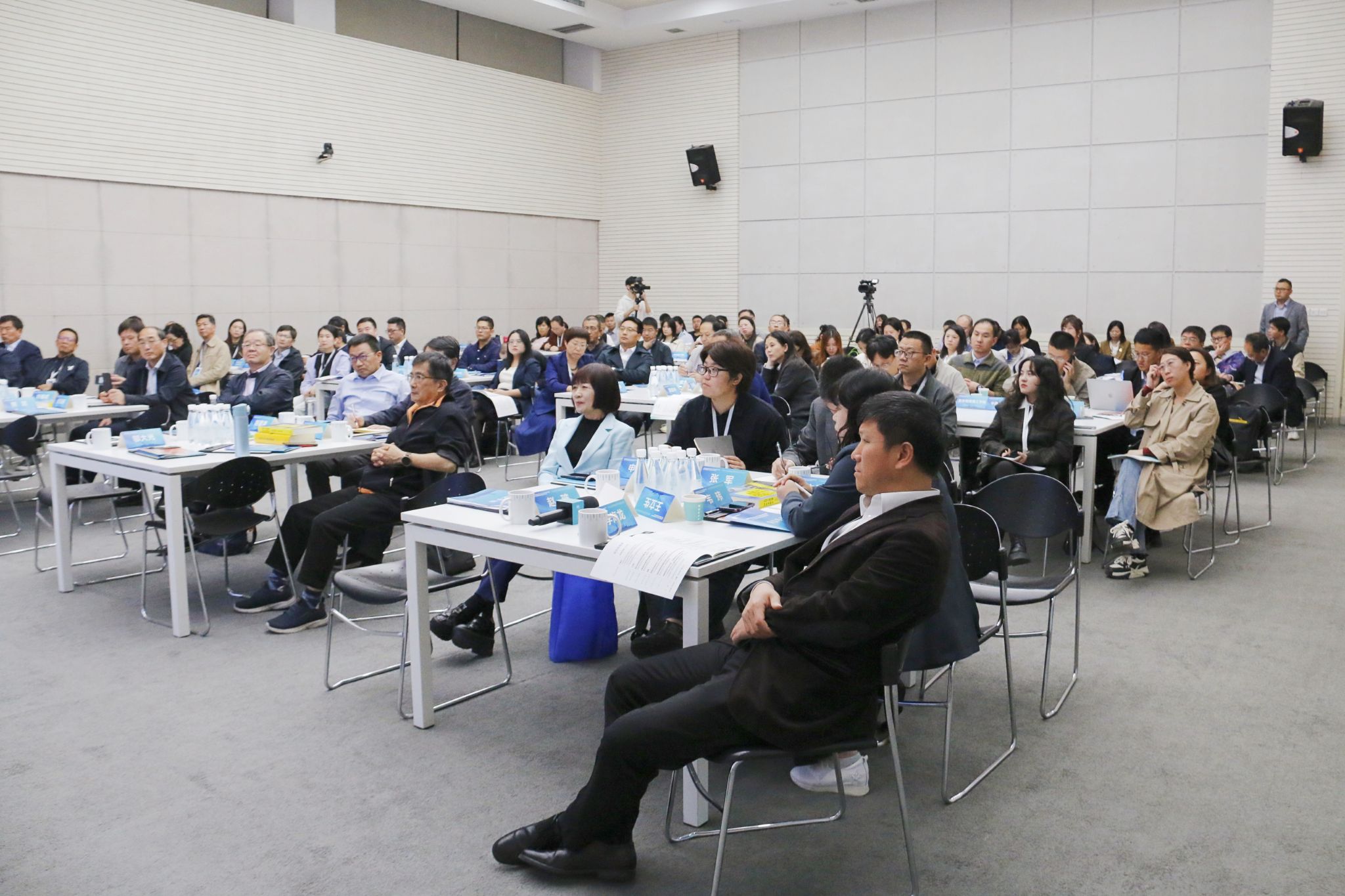
(Fig. 16) Scene at the Forum
The forum not only provided participants with a valuable platform for exchanging ideas and experiences but also pointed out the direction for the connotative development of private financial and economic universities. It offered new insights and inspirations, contributing new wisdom and strength to the prosperous development of higher education. The participating representatives stated that they would take this forum as an opportunity to further strengthen inter-school cooperation and resource sharing, and jointly explore new paths and models for the development of private financial and economic universities.
(By Liu Qianjun, Admissions Office)





